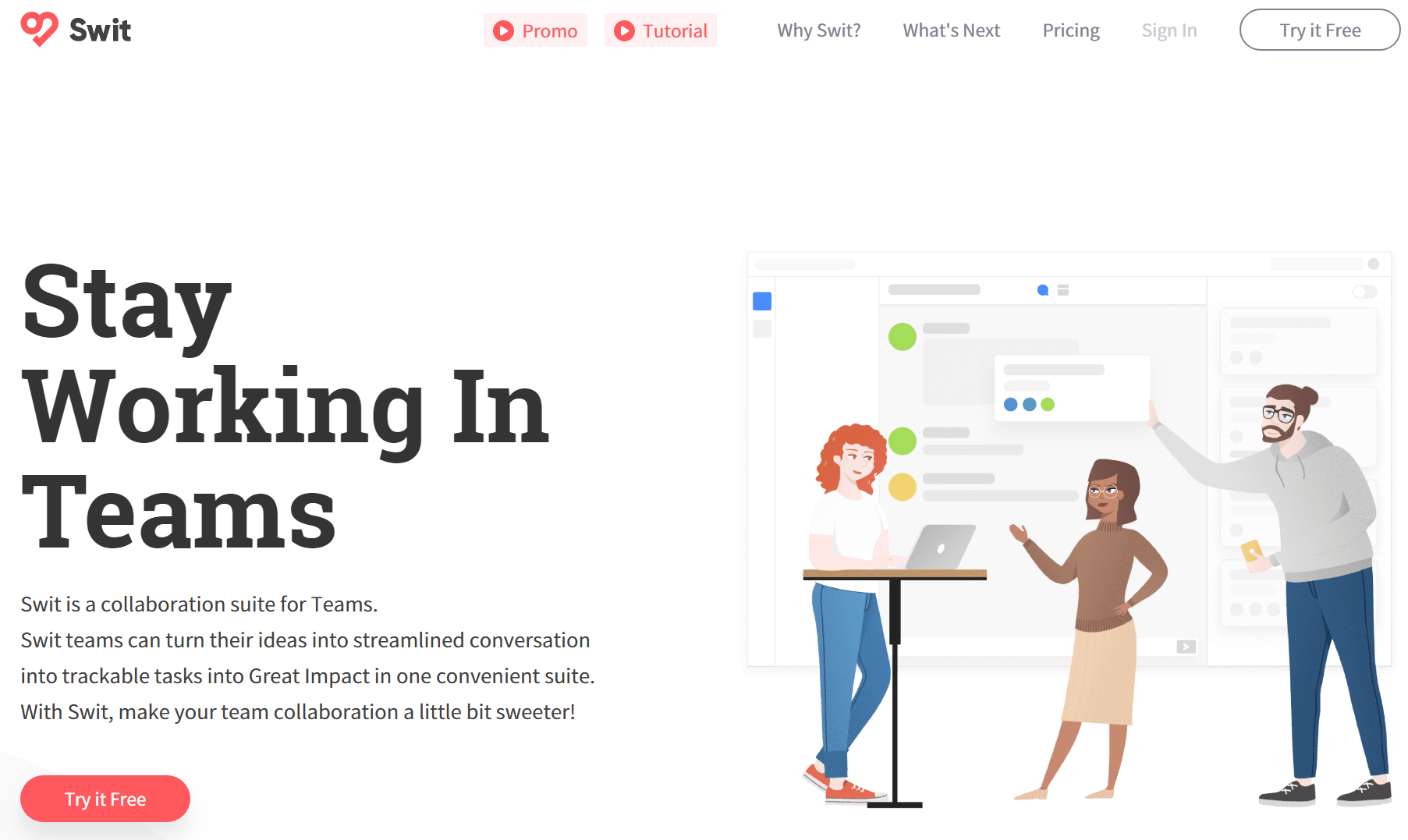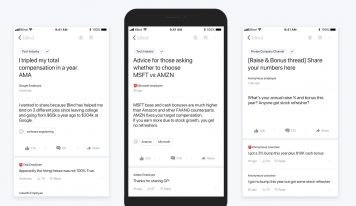The best part of the internet and the API age we live in today is the ability to access any information from any application. At least in theory.
More and more applications connect each day.
The enormity of APIs available means anything is seemingly possible.
You want to connect your accounting to CRM to AI to marketing automation to invoicing, scheduling, field sales, etc?
No problem. String together some APIs and voila, all good.
This, of course, is the “Ideal World.”
In this world, car tires don’t go flat, you eat all you want and don’t gain weight and nothing is addictive. 🙂
Suffice it to say, we don’t live in this world.
The challenge with integrations is one API change breaking the system. One service outage bringing down the company. One hacker, getting into your corporate databases due to a poorly secured API, etc.
In other words, the real world has a lot of issues – major problems which can cause GDPR fines, so big that two issued this week totaled a third of a billion dollars!
Another option is Swit.
“We know the market is heavily saturated with great unicorns, but many companies need multiple collaboration apps and there is nothing that seamlessly combines them, so users don’t have to go back and forth between two platforms,” CEO Josh Lee told TechCrunch. Many employees rely on Slack or Microsoft Teams to chat with one another, on top of several project management apps, like Asana, Jira, Monday and Confluence, and email to communicate with people at other companies (Lee points to a M.io report that found most businesses use at least two messaging apps and four to seven collaboration tools).
Lee says he used Slack for more than five years and during that time, his teammates added integrations from Asana, Monday, GSuite and Office365, but were unsatisfied with how they worked.
“All we could do with the integrations was receive mostly text-based notifications and there were also too many overlapping features,” he says. “We realized that working with multiple environments reduced team productivity and increased communication overhead.” In very large organizations, teams or departments sometimes use different messaging and collaboration apps, creating yet more friction.
The downside, of course, is what if something you want isn’t there? This was an issue with Zoho in the early days as well but the company just added modules to eliminate the problem. Swit will and likely can do the same.
Of course, those seeking best-in-breed solutions they choose themselves will hate this approach but with so much software, working together, doing so many things… A new and more simple approach promoted by Swit makes a lot of sense.
Where do organizations go to learn more? The world’s only Future of Work Expo (collocated with the ITEXPO Digital Transformation #TechSuperShow) of course. Feb 12-14, 2020 in Fort Lauderdale, Florida.







